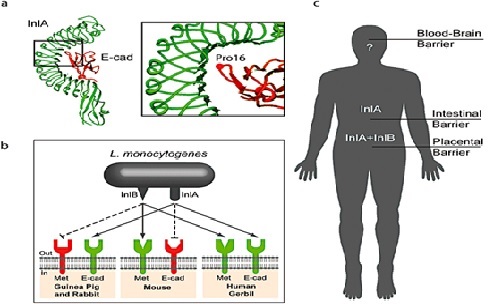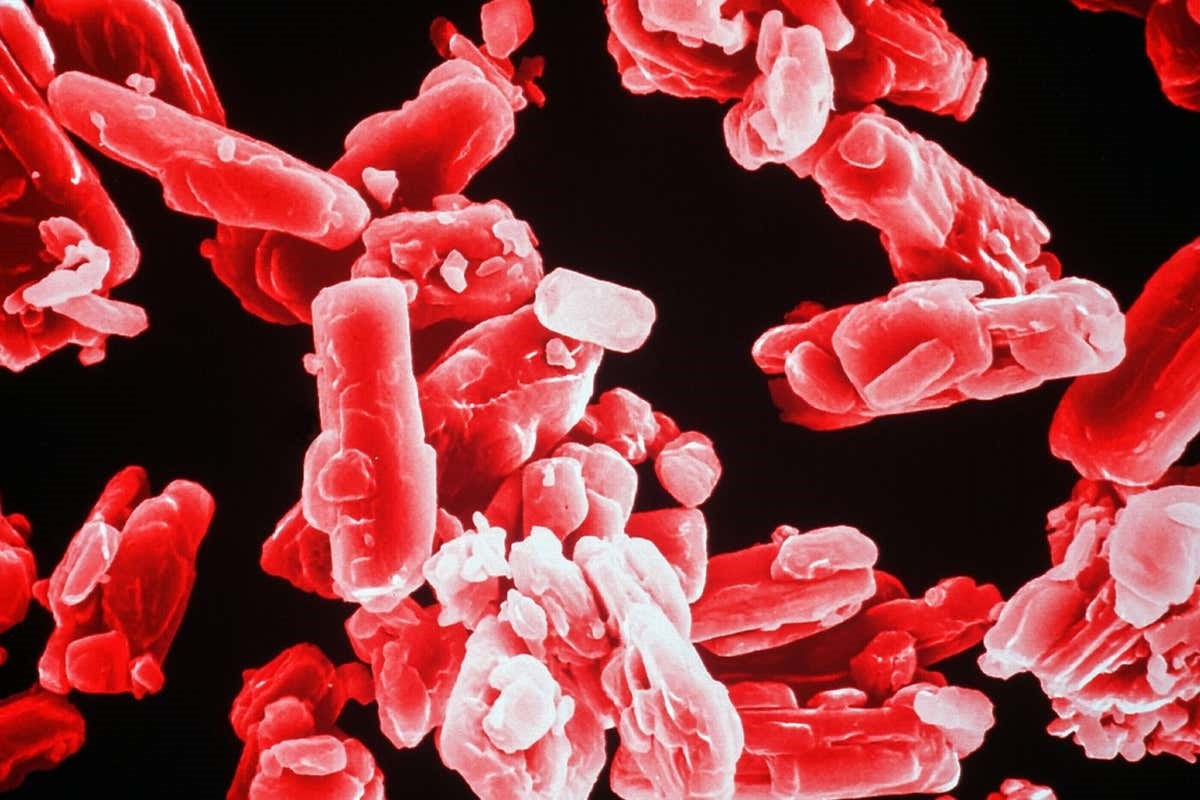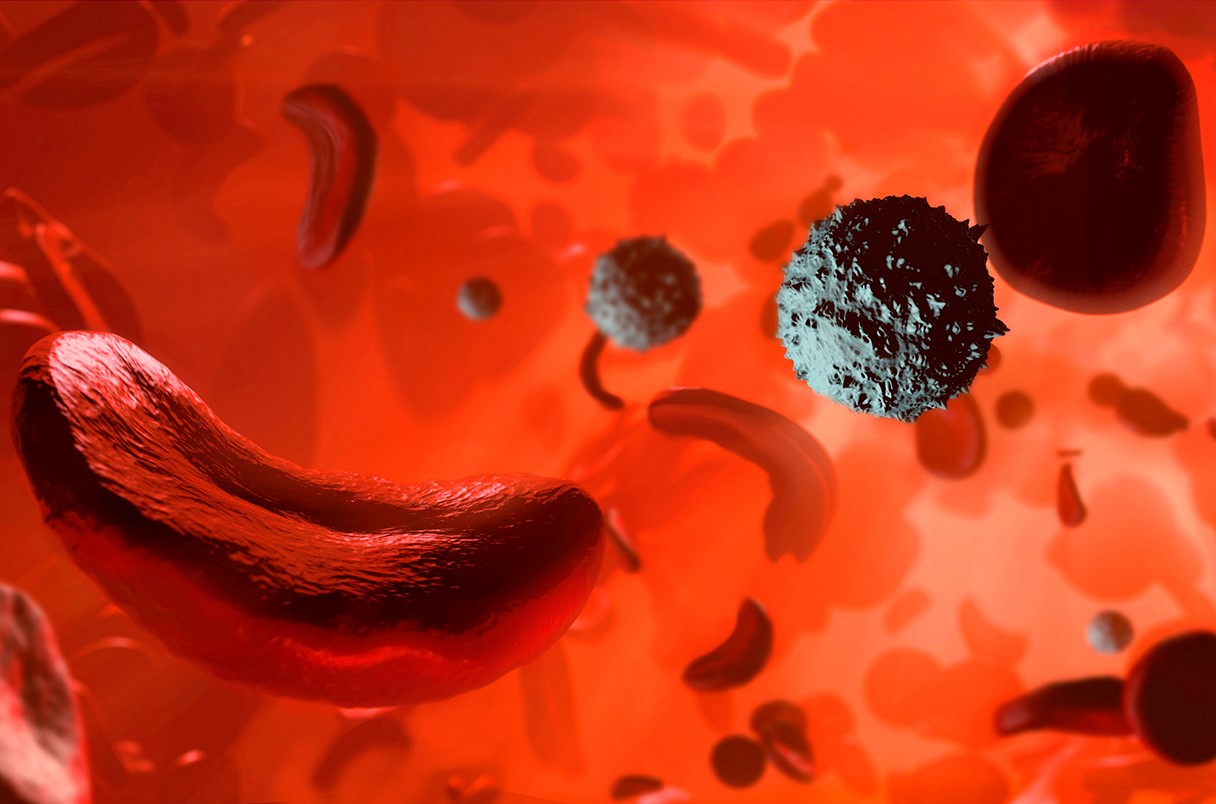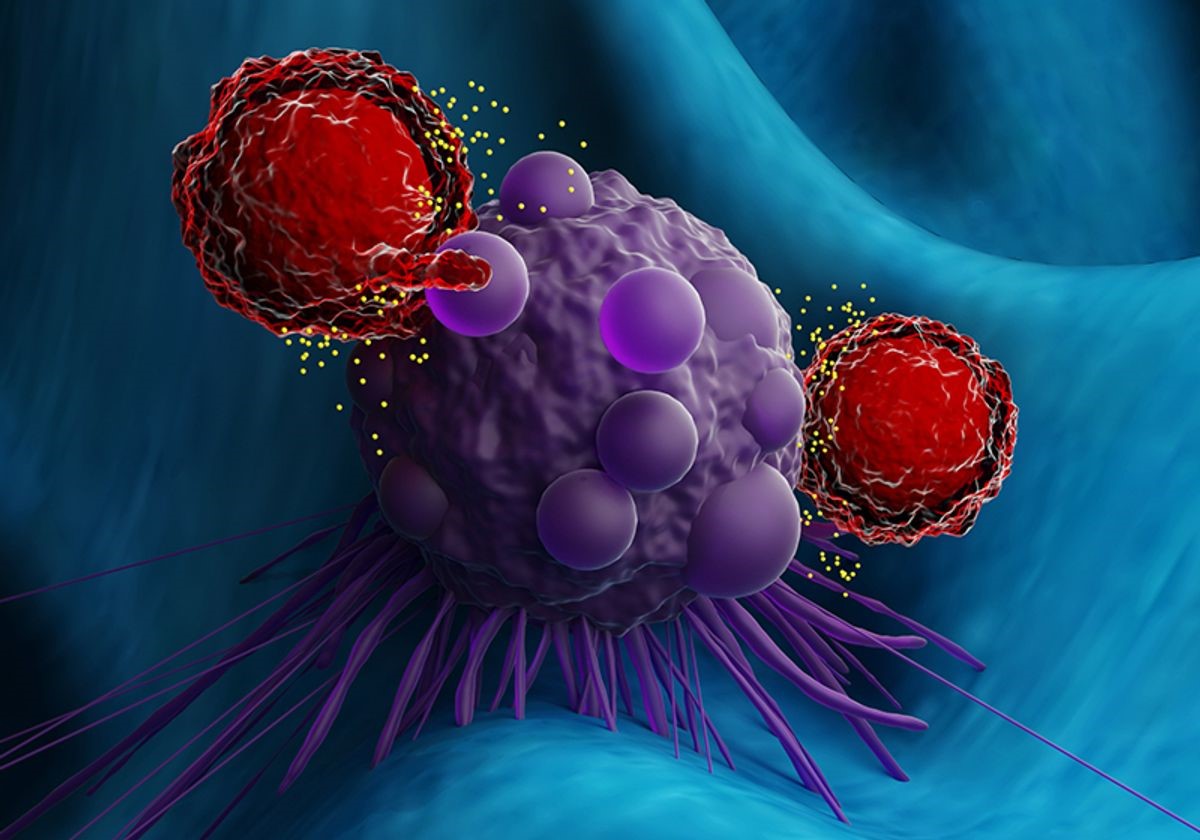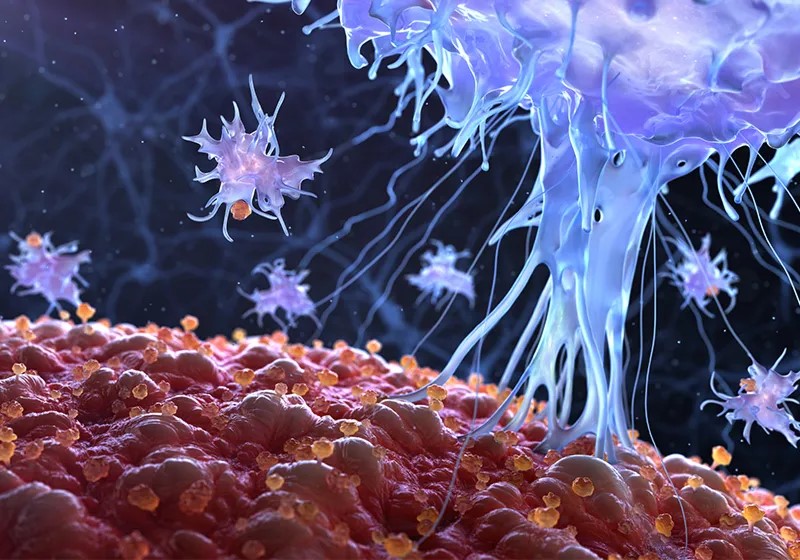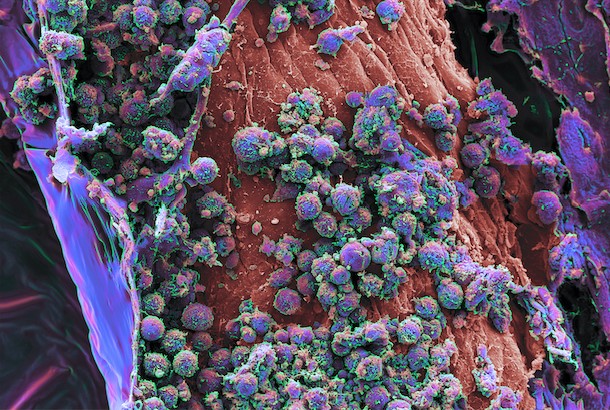Immune Health Is All About Balance – An Immunologist Explains Why Both Too Strong and Too Weak an Immune Response Can Lead to Illness
Maintaining a delicate balance is crucial for the proper functioning of the immune system, as overly active immune cells can lead to diseases caused by the immune system itself. Contrary to the popular belief that more immunity is always better, the concept of "boosting" the immune system with supplements and life hacks lacks scientific support. The immune system doesn't need enhancement; rather, it thrives when in perfect balance.
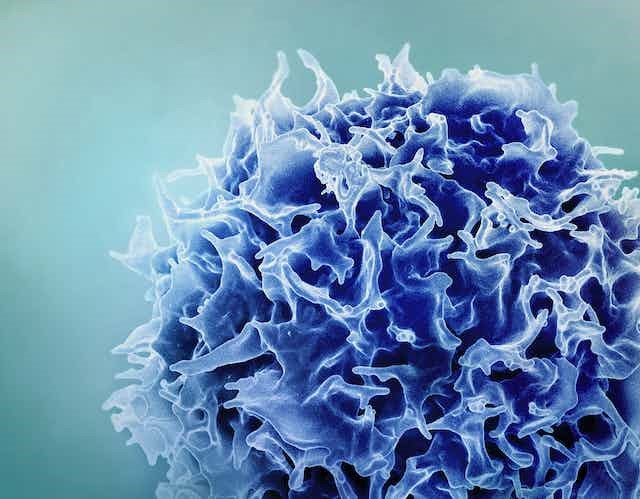
Figure 1. An Hyperactive Immune System Can Lead To Illness In And Of Itself
Figure 1 Shows An hyperactive immune system can lead to illness in and of itself Immunologists, experts in immune system science, understand that an excessive immune reaction can lead to issues such as allergies, autoimmune disorders, or chronic inflammation. Conversely, insufficient immune response can make the body susceptible to illnesses or infections.[1] Achieving the right equilibrium is essential for the immune system to function optimally, as an imbalance can potentially trigger diseases initiated by the immune system itself.
Cellular Harmony
The immune system serves as the mobile defense system of the body, comprising a sophisticated network of cells and organs collaborating to safeguard against infection and disease. Constantly on patrol, immune cells traverse the body, actively searching for infectious invaders and signs of damage.
The bone marrow is responsible for generating new immune cells. Among these cells, B and T cells are the immune system's special forces, pivotal in eliminating infectious invaders. To prevent unintended harm to healthy cells, these cells undergo a stringent boot camp during their development, ensuring they won't inadvertently target and attack the body's own cells, a phenomenon known as friendly fire.
During the training process, any B cell or T cell demonstrating autoreactivity, or activity against the self, is eliminated. This crucial step involves killing millions of newly created B and T cells every day. The purpose is to prevent the survival of self-reactive cells that might otherwise pose a risk of launching inappropriate autoimmune attacks against the body.
In my research, I focus on understanding how B cells manage to evade the immune system's checkpoints designed to prevent autoreactivity. These tolerance checkpoints serve as safeguards, ensuring that any autoreactive immune cells either get eliminated from the body or are effectively restrained, preventing them from initiating inappropriate responses that could target healthy tissues.
Nothing Is Always Better Than More
Advertisements for dietary supplements often claim to "boost immune function," but it's crucial to understand that the immune system operates optimally when perfectly balanced. Similar to a thermostat, excessively increasing immune activity can lead to overactivation and uncontrolled inflammation, while decreasing it too much results in a failure to respond to infections. Adjusting the immune system through supplements is not advisable unless there's a clinical deficiency in essential nutrients.
For individuals with adequate nutrient levels, relying on supplements may provide a false sense of security, as these products typically carry disclaimers stating that their benefits haven't been evaluated by the FDA and are not intended to diagnose, treat, cure, or prevent any disease. [2] Maintaining a well-balanced diet, regular exercise, stress reduction, and sufficient sleep contribute to overall good health and support a functioning immune system. Although these lifestyle behaviors are not foolproof, they play a role in promoting a healthier immune system.
In reality, vaccines stand out as the only safe and effective tool, complementing healthy lifestyle choices, to support the immune system. Vaccines train immune cells to recognize and combat harmless forms of pathogens. When encountering the real and harmful version of the pathogen later on, these trained immune memory cells respond rapidly, sometimes preventing noticeable infection. In a world where the idea of "more is better" prevails, maintaining a perfect balance is crucial when it comes to the immune system.
References:
- https://www.discovermagazine.com/health/immune-health-is-all-about-balance-an-immunologist-explains-why-both-too
- https://news.yahoo.com/immune-health-balance-immunologist-explains-131845443.html
Cite this article:
Janani R (2023), Immune Health Is All About Balance – An Immunologist Explains Why Both Too Strong and Too Weak an Immune Response Can Lead to Illness, AnaTechMaz, pp.209






